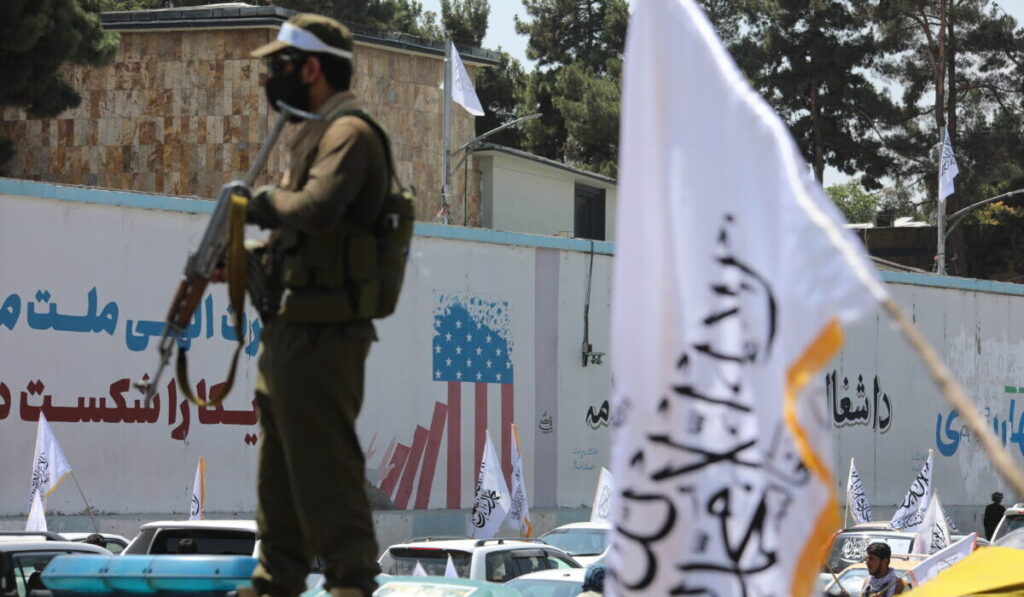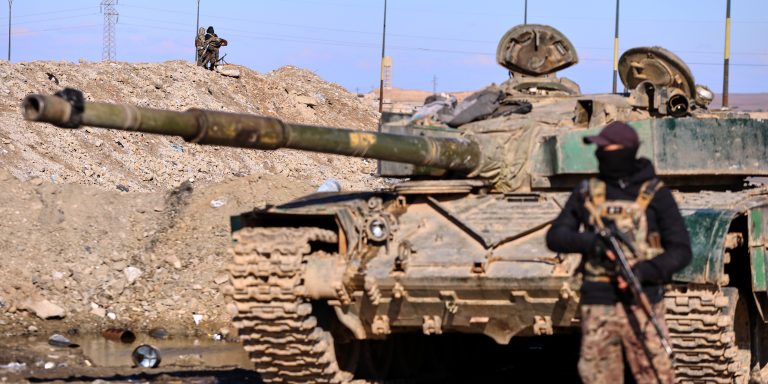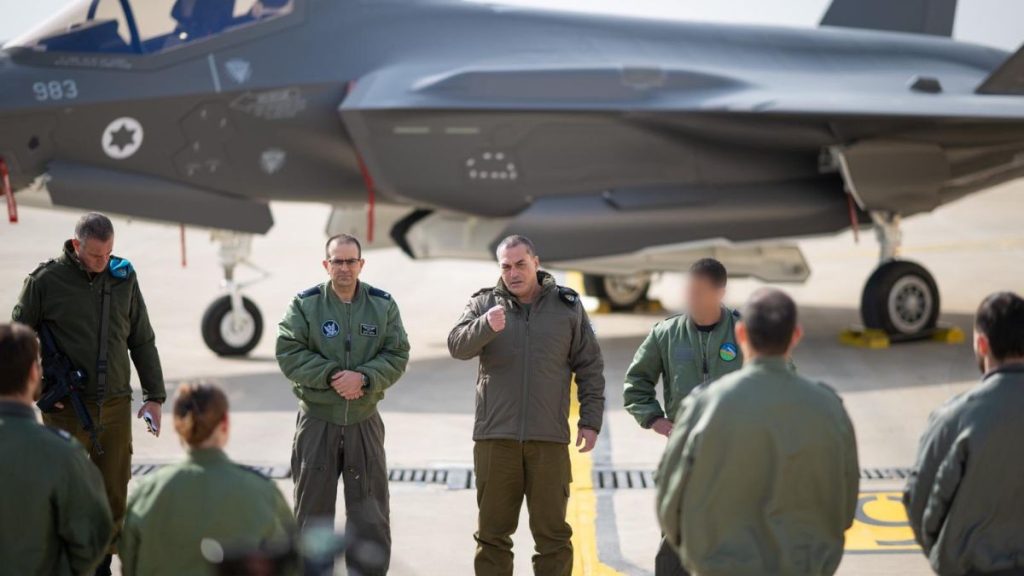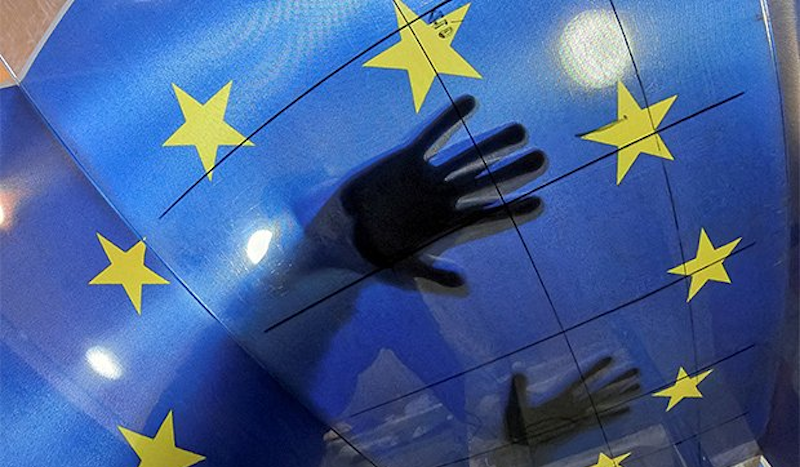Trump’s Jihadist ‘Board of Peace’

“Israel is left worse off than when Hamas managed Gaza, given the sheer power of Turkey (which is increasing)…. The deployment of Turkish forces in Gaza and the sale of F-35s to Erdogan are not policy ideas but a method: regional management through personal deals and assurances rather than hard reality. Trump himself illustrated this approach when he dismissed the issue as if it were a neighborhood misunderstanding: Israel ‘will be fine’ and Turkey ‘won’t use them against you’. This is not policy; it is a dangerous assumption. In the Middle East, it does not work. — Christine Douglass-Williams, Frontpage Magazine, January 7, 2026.







